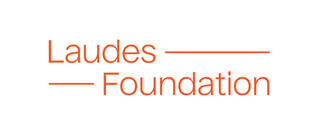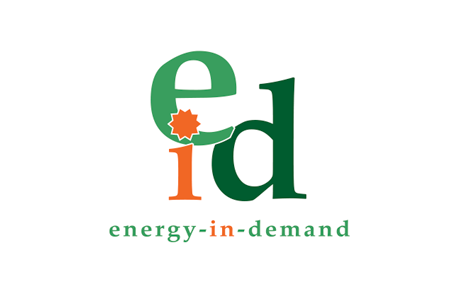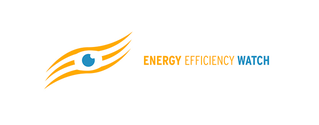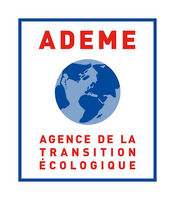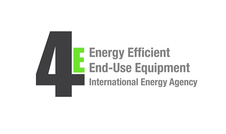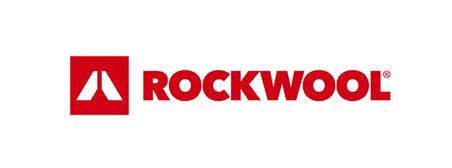Search eceee proceedings
Accelerating market uptake of heat pump systems: Challenges, visions and steps for change – results from a stakeholder process in four European countries
Panel: 8. Innovations in products, systems and building technologies
This is a peer-reviewed paper.
Authors:
Immanuel Stiess, ISOE - Institute for Social-Ecological Research, Germany
Thomas Friedrich, ISOE - Institute for social-ecological research, Germany
Abstract
Electrification of heating via heat pumps is one important step to improve the building sector and to achieve the European Commission’s 2030 target of a 40 % share of renewables in the energy mix. While the use of heat pumps increased steadily in most European countries, the market share of heat pumps still varies strongly between market segments and countries. According to EurObserv’ER 2018, heat pumps are well established in new constructions. In the renovation market with multi-family buildings, the share of heat pumps is much lower, reaching only around 10 % in Germany, Austria and France (EurObserv’ER 2018).
The contribution will present results from a stakeholder process, which was carried out to better understand the conditions of market uptake of innovative heat pump systems in different European countries. The analysis was carried out as part of a Horizon 2020 funded research project on trigeneration systems based on heat pumps (https://www.tri-hp.eu/).
The objective was to investigate key social and contextual factors that influence the social and market acceptance of renewable heating and cooling systems. The analysis included a literature review and in-depth interviews with change actors in the heat pump markets in Germany, Switzerland, Spain and Norway. Among others, the perspective of heat pump manufacturers, HVAC planners, installers and building owners were taken into account.
As a result, we could identify important barriers, drivers and incentives for the adoption of heat pump systems in general and innovative trigeneration heat pumps systems. systems. Besides economic factors, such as high upfront costs, issues of practical implementation and feasibility emerged as important topics. Organisational factors, such as the cooperation between different trades on the construction site, or country specific heating cultures also turned out to be important issues.
In the contribution, we will link these findings to the outcomes of a series of workshops, in which steps to actions were discussed with key stakeholders on a national and European level.
Downloads
Download this presentation as pdf: 8-245-22_Stiess_pres.pdf
Download this paper as pdf: 8-245-22_Steiss.pdf
Panels of
1. Dynamics of consumption: less is more?
2. Efficiency and beyond: innovative energy demand policies
3. Policy, finance and governance
4. Monitoring and evaluation for a wise, just and inclusive transition
5. Towards sustainable and resilient communities
6. Energy-efficient and low-carbon mobility for all
7. Policies and programmes for better buildings
8. Innovations in products, systems and building technologies










